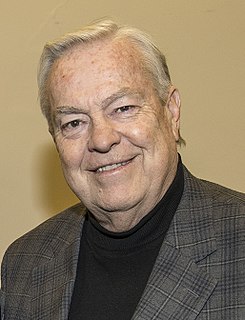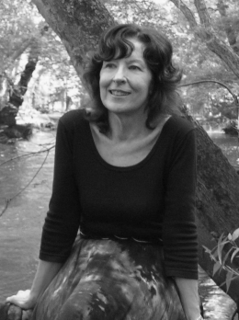A Quote by Charles Stross
I don't keep anything on paper (except within an actual novel in progress, at which point I need a file to keep track of plot threads, characters, and so on).
Related Quotes
Introduce your main characters and themes in the first third of your novel. If you are writing a plot-driven genre novel make sure all your major themes/plot elements are introduced in the first third, which you can call the introduction. Develop your themes and characters in your second third, the development. Resolve your themes, mysteries and so on in the final third, the resolution.
I don't know how to write a novel in the world of cellphones. I don't know how to write a novel in the world of Google, in which all factual information is available to all characters. So I have to stand on my head to contrive a plot in which the characters lose their cellphone and are separated from technology.
There was a culture that came out of the self-esteem movement which was don't anybody keep track of the goals. The kids keep track, but nobody keep track of the goals because we don't want the kids to have the experience of losing. And in depriving them losing, thinking it scarred them to lose, we made losing so taboo, so unspeakable, that we instead made losing more scary to kids, not less scary.
Creating the characters is the most creative part of the novel except for the language itself. There I am, sitting in front of my computer in right-brain mode, typing the things that come to mind - which become the seeds of plot. It's scary, though, because I always wonder: Is it going to be there this time?
I always write a draft version of the novel in which I try to develop, not the story, not the plot, but the possibilities of the plot. I write without thinking much, trying to overcome all kinds of self-criticism, without stopping, without giving any consideration to the style or structure of the novel, only putting down on paper everything that can be used as raw material, very crude material for later development in the story.





































